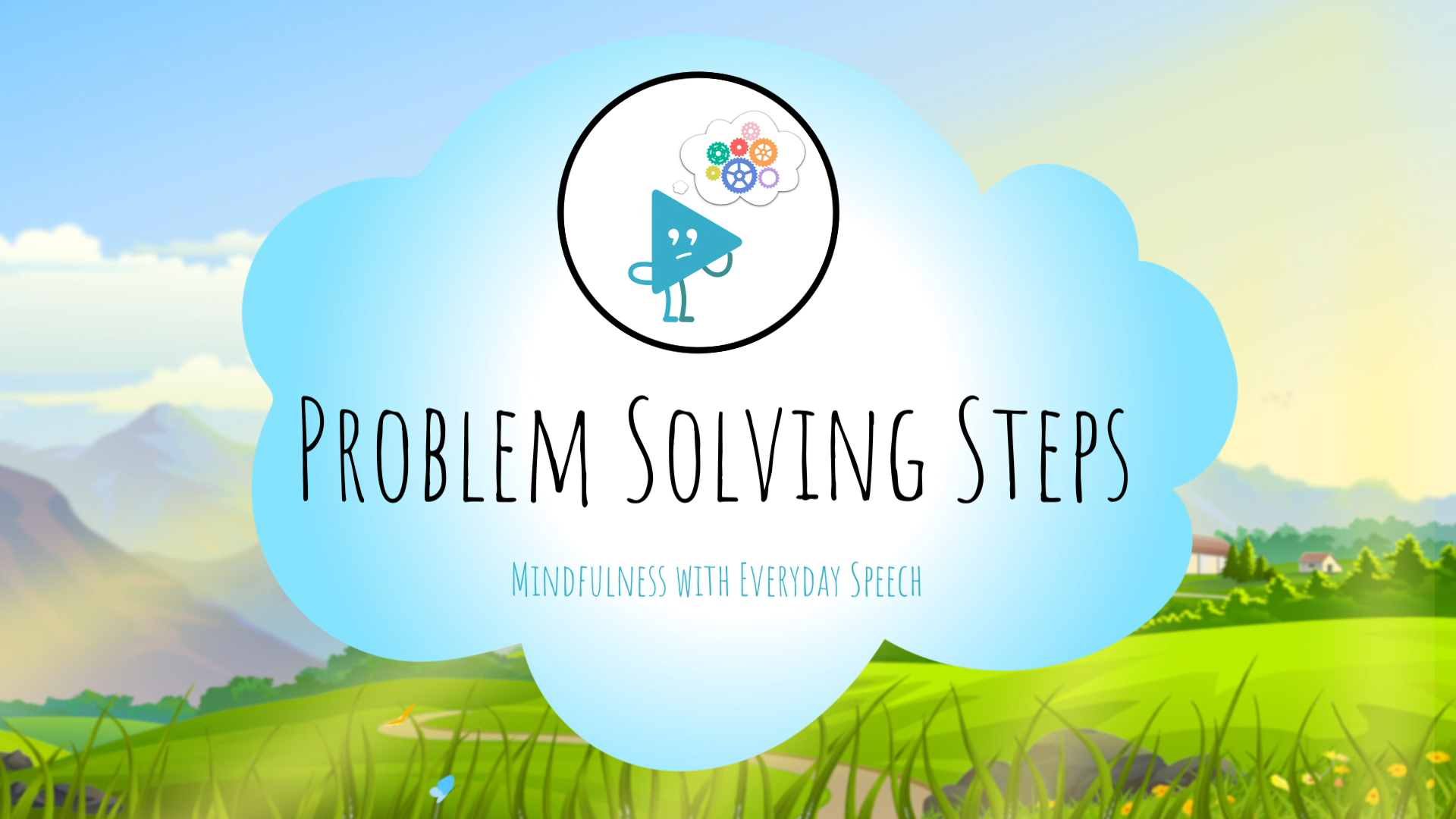Introduction
Problem-solving is a vital skill that students need to navigate the complexities of daily life. In special education, teaching problem-solving skills can be particularly important as these students may face unique challenges. This blog post will explore the concept of problem-solving, present a no-prep activity for educators, provide discussion questions, and mention related skills that can further support students. By incorporating principles of Social-Emotional Learning, we can help students develop effective strategies to understand and address the problems they encounter.
No-Prep Activity: The Problem-Solving Steps Role-Play
This activity aims to help students practice the problem-solving steps in a fun and engaging way. No materials or preparation are required from the educator.
- Divide the students into pairs.
- Assign each pair a common problem that they might face in their daily lives (e.g., sharing a toy or resolving a disagreement).
- Ask the students to role-play the situation, using the problem-solving steps as a guide:
- Identify the problem.
- Think about the size of the problem.
- Come up with a few solutions.
- Predict the outcomes of each solution.
- Pick the best solution.
- After the role-play, have a brief discussion with the students about the experience, what they learned, and how they can apply these steps in real-life situations.
Discussion Questions
Here are some questions that can help stimulate further discussion among students:
- How did you feel when trying to solve the problem during the role-play activity? Were you confident, nervous, or unsure?
- What was the most challenging part of the problem-solving process for you? Why?
- Can you think of a situation where you successfully used problem-solving skills in the past? What strategies did you use, and how did it turn out?
- How can we support each other in solving problems, both big and small?
- Why is it important to consider the feelings of others when choosing a solution to a problem?
Related Skills
Developing problem-solving skills is closely linked to other essential abilities that can support students in their growth. Some related skills include:
- Communication: Being able to express thoughts and feelings clearly can help students navigate conflicts and collaborate on solutions.
- Active listening: Listening carefully to others’ perspectives can provide valuable insights when addressing a problem.
- Empathy: Understanding and sharing the feelings of others can help students make more informed decisions when solving problems.
- Self-regulation: Managing emotions and impulses is crucial for staying focused on finding solutions and maintaining healthy relationships.
Next Steps
Now that you have learned about problem-solving strategies and activities for special education students, it’s time to take the next step in your journey to support your students’ growth. Sign up for free samples of the skills discussed in this blog post and others at Everyday Speech. By incorporating these valuable resources into your teaching, you can help your students develop the essential skills they need to navigate the complexities of life with confidence.






